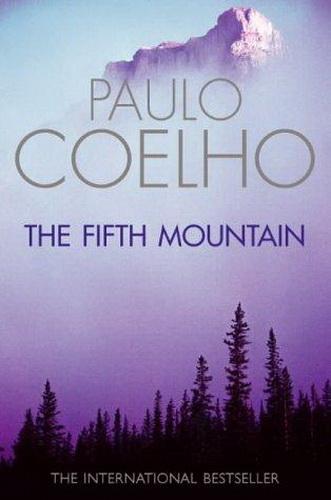Difference between revisions of "9. Thread that holds past and present together (Continuity)"
| Line 8: | Line 8: | ||
Example 2 "The method of Byblos, with the Greek adaptation, had pleased the traders of the various nations; as had been the case since ancient times, it was they who decided what should remain in history and what would disappear with the death of a given king or a given person" | Example 2 "The method of Byblos, with the Greek adaptation, had pleased the traders of the various nations; as had been the case since ancient times, it was they who decided what should remain in history and what would disappear with the death of a given king or a given person" | ||
The Grecian writers were the ones who determined what was worthy of history, and what the future generations would know. | The Grecian writers were the ones who determined what was worthy of history, and what the future generations would know. | ||
| + | |||
| + | http://angolkonyvek.com/images/watermark.php?src=fifth%20mountain.jpg | ||
| + | |||
| + | |||
Sources: | Sources: | ||
| Line 13: | Line 17: | ||
''The Fifth Mountain'' by Paulo Coelho | ''The Fifth Mountain'' by Paulo Coelho | ||
| − | + | Will Skinner | |
Revision as of 17:31, 12 April 2016
Back to History 8 Fifth Mountain Readings
Example 1 "Our fathers and their fathers before them were able to live in peace; Why should we be the ones to break this tradition" The people of Akbar hold on to the ideals of peace that their forefathers possessed, and question why the sudden arrival of a few soldiers must end that ideology.
Example 2 "The method of Byblos, with the Greek adaptation, had pleased the traders of the various nations; as had been the case since ancient times, it was they who decided what should remain in history and what would disappear with the death of a given king or a given person" The Grecian writers were the ones who determined what was worthy of history, and what the future generations would know.

Sources:
The Fifth Mountain by Paulo Coelho
Will Skinner